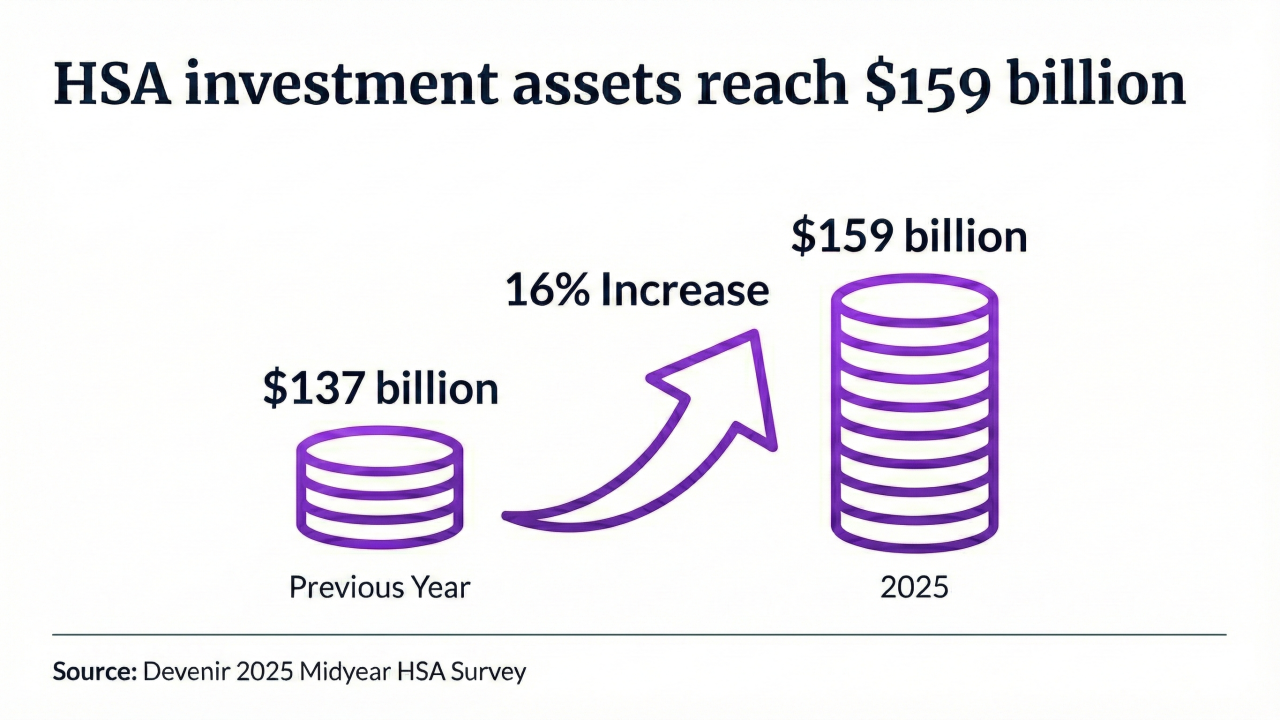- Key Insight: Discover how mid-career "micro-retirements" are redefining retention strategies.
- What's at Stake: Without policy, firms risk higher turnover and loss of institutional knowledge.
- Expert Quote: "Gen Z are seeking alternative career rhythms to avoid burnout," says Lisa Reyes, Paychex.
- Source: Bullets generated by AI with editorial review
Instead of waiting decades for retirement, young talent
Thirteen percent of millennials and nearly one in 10 Gen Zers are planning a "micro-retirement" in 2025, according to a survey from workplace insights platform SideHustles.com. Unlike a
"Young talent, especially Gen Z, are seeing some of the older generations that had more traditional work ethics stressed and burning out," says Lisa Reyes, leader of Paychex's HR center of excellence strategy and talent enablement. "They want a different path."
Read more:
The structure of micro-retirements most closely resembles that of a work
"When people feel like they're allowed to take these kinds of breaks, they're more likely to want to come back," Reyes says. "That's significantly better than losing an employee that's been burned out because they didn't have time to pause. If they frame this policy correctly and make it happen, it could save them the cost of turnover."
Currently, 59% of all employees — including 60% of millennials and 63% of Gen Zers — would consider a micro-retirement in the future, with 75% wanting organizations to
Finding the right strategy
An organization's approach to micro-retirements will
Read more:
"There is definitely a risk of knowledge loss that could happen during these leaves," Reyes says. "Putting in place clear documentation processes, cross training and knowledge sharing for the employees who will be stepping up to manage that temporary workforce gap is going to be really important, too."
Micro-retirements as a benefit can be a
"Appealing to these next generations has become critical," Reyes says. "They bring with them new knowledge and new ways of doing things that businesses are going to need in order to be successful years down the road, which means embracing the shifts and trends that they value."






